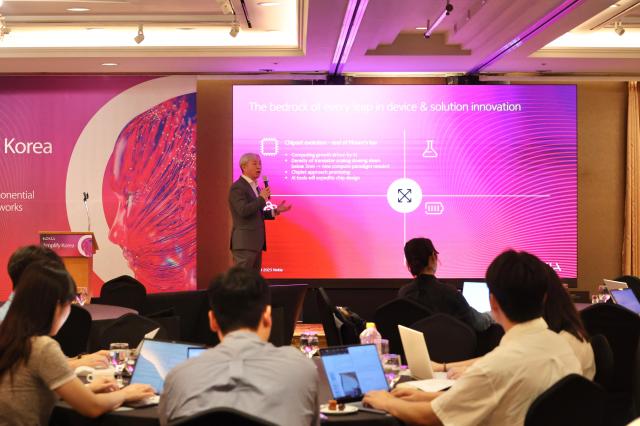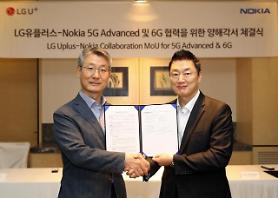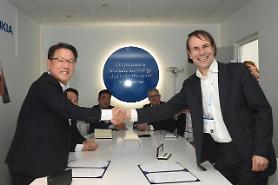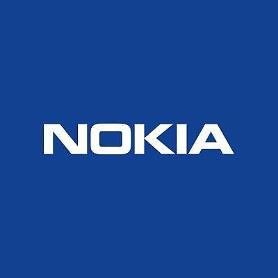
SEOUL, July 2 (AJP) - Finnish telecommunications giant Nokia unveiled its latest suite of AI-powered networking technologies in Seoul, Wednesday, positioning robust network infrastructure — not just graphics processing units — as the true backbone of next-generation artificial intelligence systems.
The company showcased its 25G passive optical network (PON) and Ethernet-PON (E-PON) technologies, which promise faster, more scalable internet speeds without the need to replace existing fiber-optic infrastructure — a practical appeal for operators facing mounting data demands.
While lauding the South Korean government’s focus on acquiring high-performance GPUs, Nokia Korea’s Chief Technology Officer James Han emphasized that AI innovation cannot thrive without a network capable of handling the vast quantities of data GPUs generate.
“The transmission of GPU-processed data is only as strong as the networks that carry it,” Han said, underscoring the importance of end-to-end system performance in AI deployments.
President Lee Jae Myung has made AI sovereignty a central plank of his administration’s agenda, pledging to acquire more than 50,000 GPUs and expand domestic data center capacity.
His government has also appointed high-profile AI experts to public office, reinforcing South Korea’s ambition to lead in global AI development.
“Building an AI ecosystem is key to next-generation digital innovation, and Nokia is delivering on that promise by embedding AI into real-world networks,” said Kevin Ahn, CEO of Nokia Korea.
He added that true innovation lies not only in compute capacity but also in minimizing network latency and increasing throughput — both essential to real-time AI applications.
Nokia also unveiled its vision for AI-integrated radio access networks, arguing that the convergence of AI and telecom will define the approaching 6G era.
With international competition intensifying around sovereign AI capabilities and next-generation mobile standards, Nokia is positioning itself as a key partner in South Korea’s 6G R&D initiatives.
The company said it remains committed to helping the country develop the foundational infrastructure needed to maintain its edge in digital innovation.
“The real bottleneck in AI is no longer just processing power,” said Han. “It’s how fast and reliably you can move the data.”
Copyright ⓒ Aju Press All rights reserved.




